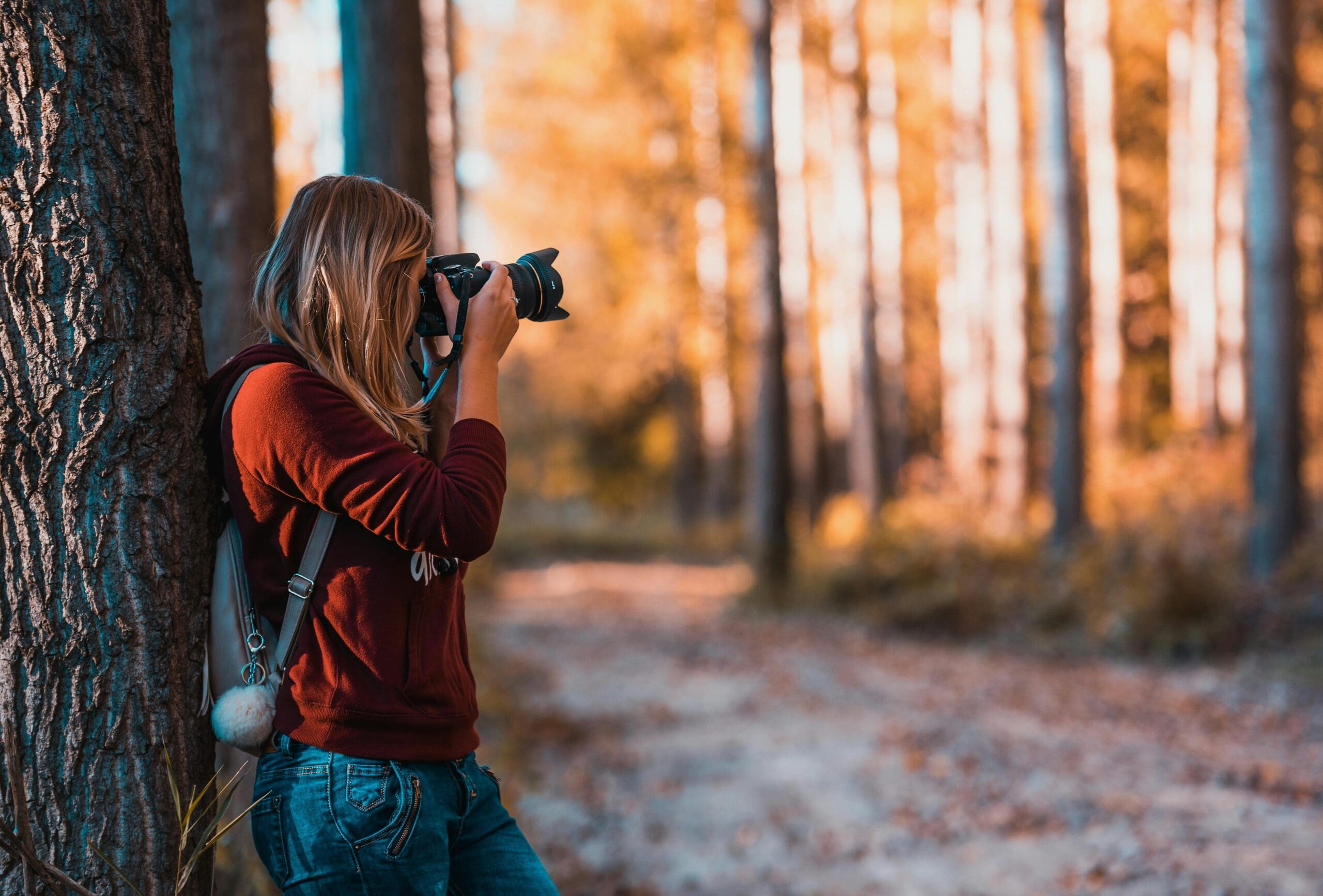Photography has never been more accessible, and for aspiring photographers across Australia, learning online represents a revolutionary approach to mastering this creative art form. Whether you’re in bustling Sydney, artistic Melbourne, or remote locations in the Outback, a photography course for beginners delivered through online course platforms makes professional photography education available to everyone.

Why Choose Online Learning for Photography?
Learning online has transformed education delivery, offering unprecedented convenience and flexibility for Australian students. Unlike traditional classroom settings, an online course allows you to study from anywhere – your Sydney apartment, a Byron Bay café, or even while travelling around Australia in a caravan. This convenient learning method means you can balance photography education with work, family, and other commitments.
The benefits of online photography education are particularly significant for Australian learners:
- Flexible scheduling: Study during early mornings before work, lunch breaks, or evening hours
- Geographic independence: Access world-class instruction regardless of your location
- Self-paced learning: Progress at your own speed without keeping up with or waiting for others
- Cost-effective: Eliminate travel, accommodation, and venue costs associated with traditional courses
- Replay capability: Review lessons multiple times to ensure complete understanding
Essential Skills Covered in a Beginner Photography Course
A comprehensive photography course for beginners should cover fundamental technical and creative skills. Learning online allows for interactive modules that combine theory with practical assignments, making complex concepts accessible to newcomers.
Camera Fundamentals: Understanding your camera is crucial for any photographer. Online courses excel at explaining technical concepts through visual demonstrations and interactive elements. You’ll learn about aperture, shutter speed, and ISO – the exposure triangle that forms the foundation of all photography. Modern online learning platforms make these technical concepts digestible through step-by-step video tutorials and practical exercises you can complete with any camera, from smartphones to professional DSLRs.
Composition Techniques: Visual composition separates snapshot-takers from photographers. Online courses provide extensive libraries of example images demonstrating rule of thirds, leading lines, symmetry, and other compositional techniques. The convenience of online learning means you can study composition examples while simultaneously practicing with your own camera, applying lessons immediately to reinforce learning.
Lighting Principles: Understanding light is fundamental to photography success. Online courses demonstrate natural light techniques, artificial lighting setups, and how different lighting conditions affect mood and image quality. Video-based learning is particularly effective for lighting education, showing real-time lighting changes and their photographic impacts.

Choosing the Right Online Photography Course
When selecting a photography course for beginners, consider several factors that impact learning success. The convenient nature of online education means you have access to courses from around the world, but choosing one that understands Australian contexts and conditions is valuable.
Course Structure and Progression: Effective online courses build skills systematically, starting with basic camera operation and progressing to advanced creative techniques. Look for courses offering clear learning paths, practical assignments, and constructive feedback on your work. The flexibility of learning online means you can revisit difficult concepts or accelerate through familiar material.
Australian Context and Conditions: Photography courses that incorporate Australian landscapes, lighting conditions, and cultural contexts provide more relevant learning experiences. From the harsh lighting of the Australian outback to the coastal conditions of our extensive shoreline, understanding local conditions enhances practical application of theoretical knowledge.
Community and Support: Online learning doesn’t mean isolated learning. Quality courses provide community forums, instructor feedback, and peer interaction opportunities. This social aspect of learning online replicates the collaborative environment of traditional classrooms while maintaining the convenience of digital access.
From Beginner to Professional Development
A solid photography course for beginners provides the foundation for further specialization. As online education has evolved, students can now progress seamlessly from basic photography into specialized areas like portrait photography course training, wildlife photography course instruction, or even videography course programs for those interested in moving images.
The convenient nature of online progression means you can explore different photography specializations without committing to expensive traditional programs. Many photographers discover their passion for specific genres – whether portrait work, landscape photography, or commercial applications – through initial online exploration.
Building Technical Proficiency: Online courses excel at building technical skills through repetitive practice and instant feedback. Interactive quizzes, virtual camera simulators, and assignment review systems help beginners master complex technical concepts at their own pace. The ability to replay instructional videos ensures difficult concepts are fully understood before progression.
Developing Creative Vision: Beyond technical skills, beginner courses should nurture creative development. Online platforms provide exposure to diverse photographic styles, international perspectives, and creative challenges that broaden artistic horizons. Regular assignments and projects help develop personal photographic voice and style.

Practical Considerations for Australian Students
Equipment Requirements: One advantage of learning online is flexibility in equipment requirements. Quality beginner courses work with various camera types, from smartphones to entry-level DSLRs. This accessibility means students can start learning immediately without significant upfront investment in professional equipment.
Time Management: The convenient nature of online courses suits Australian lifestyles, where work-life balance and family commitments are priorities. Students typically dedicate 3-5 hours weekly to course materials, assignments, and practice sessions. This manageable time commitment allows sustainable learning without overwhelming daily schedules.
Networking and Community: Online photography communities connect Australian students with peers nationwide and internationally. These networks provide ongoing support, inspiration, and potential professional opportunities. Many successful photography careers begin with connections made through online learning communities.
Technology and Online Learning Tools
Modern online photography education leverages advanced technology to enhance learning experiences. Interactive software teaches camera settings through virtual simulators, allowing practice without physical equipment. Video conferencing enables real-time instructor feedback on assignments and techniques.
Mobile Learning Compatibility: Australian students benefit from mobile-compatible course platforms, allowing study during commutes, lunch breaks, or while travelling. This flexibility exemplifies the convenient nature of modern online education, fitting seamlessly into busy lifestyles.
Progress Tracking: Digital platforms provide detailed progress tracking, helping students monitor skill development and identify areas requiring additional focus. This personalized approach to learning ensures efficient use of study time and optimal skill development.

Career Opportunities and Pathways
Completing a comprehensive photography course for beginners opens diverse career pathways. The skills learned through online education are directly applicable to freelance photography, social media content creation, small business documentation, or progression into specialized photography fields.
Portfolio Development: Online courses emphasize portfolio building from the beginning, helping students document their learning journey and skill progression. This approach ensures graduates have substantial work samples for potential employers or clients upon course completion.
Continuous Learning: The foundation provided by a quality beginner course prepares students for advanced specialization. Whether pursuing professional photography course certification, exploring content creator course opportunities, or developing photography business course skills, online learning provides seamless progression pathways.
Conclusion
A photography course for beginners delivered through online course platforms represents the future of photography education in Australia. The convenient nature of learning online makes professional photography instruction accessible to anyone with internet access and creative ambition.
Online photography education combines the best aspects of traditional instruction – comprehensive curriculum, expert guidance, and community support – with modern conveniences like flexible scheduling, geographic independence, and personalized pacing. For Australians seeking to develop photography skills while maintaining work and family commitments, online learning provides an ideal solution.
The journey from photography enthusiast to skilled practitioner begins with solid foundational education. Through comprehensive online courses that understand Australian contexts and conditions, aspiring photographers can develop both technical proficiency and creative vision necessary for photography success.





